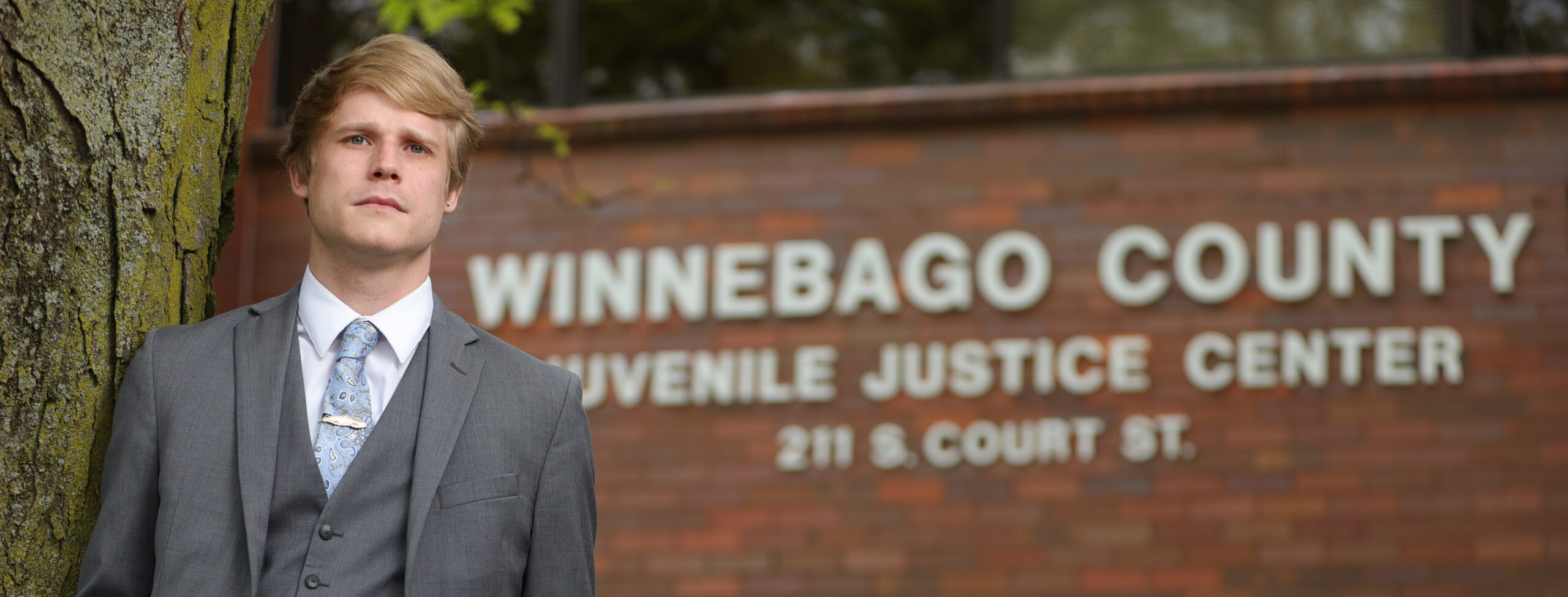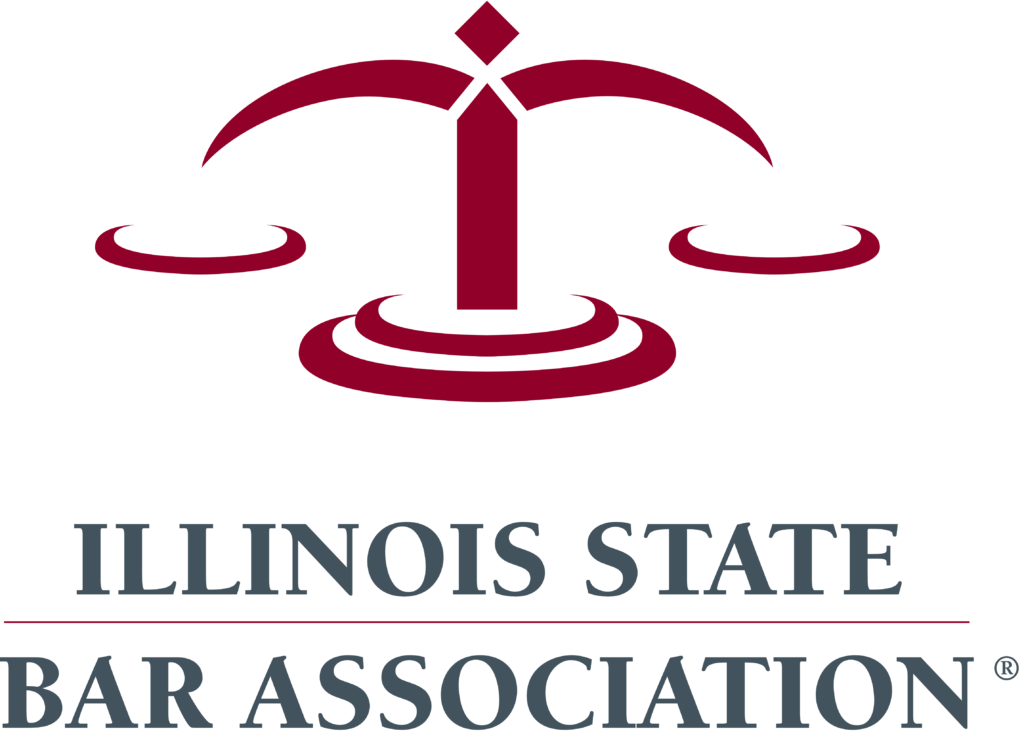
Don’t wait.
Highlander Law can help.
When you’re involved in a family crisis, emotions run high, information comes at you from all directions, and time may be running out. With so much on the line, it’s important to act quickly and retain a good lawyer.
Whatever the situation, Attorney Nate Walloch understands your concerns and considers all the facts, approaching every case with equity and clear judgment. His composure in the courtroom makes him an effective advocate for his clients in the following areas of practice:
Juvenile
Abuse and
Neglect
Juvenile abuse statistics indicate there are over three million reports in the U.S. every year. In Illinois alone, a health study estimated that 40% of children up to age 17 have had at least one harmful experience such as abuse, neglect or exposure to domestic violence.
Abuse is when a parent or caregiver intentionally harms a child physically, emotionally, psychologically or sexually. Neglect is the failure to care for a child’s basic needs, such as food, shelter, medical care and proper supervision.
Professionals in the fields of education, health care, law enforcement and social work are required by the state of Illinois to report any suspected abuse or neglect.
If your child has experienced abuse, or if you are suspected of abusive behavior, your attorney will help you understand how the legal system handles these cases, the role of child welfare services, the consequences for perpetrators—and ultimately, how to do the hard work needed to create safe, new beginnings for your family.
Some common concerns we hear from clients:
- Can an accused parent see their child during the legal process?
- How can a current or former foster parent influence a case?
- What are the legal rights of neglected juveniles?
- How do I fight a false accusation of abuse?
Orders of
Protection
Physical violence. Emotional abuse. Stalking. Harassment. Domestic violence takes on many forms, all of which are terrifying to experience and even more frightening when you feel alone.
Your attorney should be a reassuring presence while working quickly to obtain an order of protection from a member of your family or household. Together you will cover the different types of orders of protection available in Illinois, their purposes and effectiveness in protecting your personal safety:
- Emergency order – potentially immediate but temporary (14-21 days)
- Plenary order – protection for up to 2 years with possibility of renewals
Did you know that a parent may file for an order of protection on behalf of a minor, and that minors can even file for themselves? Orders of protection can also be used to obtain child support, providing overdue financial relief.
Throughout the legal process for securing an order of protection, your attorney will ensure that all requirements are met promptly and correctly: filing documents with the court, preparing a petition, notifying the abuser if required, attending court hearings, and more.
Some common concerns we hear from clients:
- What’s involved in getting an emergency order of protection?
- Will the accused party and I be in court at the same time?
- What happens if an order of protection is violated?
- How do I defend against a false order of protection?
DEPARTMENT OF CHILDREN AND FAMILY SERVICES ADMINISTRATIVE APPEALS
To a parent, there is no greater fear than losing your child. When the Department of Children and Family Services (DCFS) becomes involved, it’s imperative to consult with an attorney as soon as you know you are being investigated in order to understand and protect your rights. In some ways, this situation is similar to being interrogated by the police.
A DCFS specialist must make a good faith effort to actually see the alleged victim of child abuse or neglect within 24 hours of receiving a report. Should the department decide to open a formal investigation, they have 60 days to complete it under Illinois law—or longer, as investigators are often successful in requesting extensions. Investigations may include visiting the child’s home, requiring the parents to set up a safety plan, or taking the child into temporary protective custody. Anything parents or caretakers say to an investigator may have legal consequences.
At the end of the DCFS investigation, the report will be classified as one of the following:
- Indicated – there is credible evidence to support the allegation
- Unfounded – there is not enough evidence to support a claim of abuse
- Undetermined – the investigation cannot be completed based on the information provided
An indicated finding may affect your parental rights and your job if you work with children. You have the right to receive a copy of the investigative file and to request an administrative appeal hearing within 60 days. If you decide not to appeal, your name will remain on the State Central Register for five to 50 years depending on the specific allegation. While not open to the general public, certain employers (usually involved in child care) do have access to the register.
Some common concerns we hear from clients:
- What are the grounds for a DCFS appeal?
- What are some appeal hearing preparation tips?
- What is the DCFS appeal success rate?
- Can a lawsuit be filed against DCFS?
Adoption
Gone are the days of secrecy and stigma as today’s adoptive parents welcome transparency and new opportunities to open their home to a child.
As soon as you decide to adopt, it’s important to consult with an attorney to ensure every step is taken in accordance with the Illinois Adoption Act and that you are well represented in court. There are many different types of adoption, each with its own regulations and legal procedures.
Open adoption, which allows for visitation with the birth family, is becoming more common but comes with its own complexities. Many families are finding success through foster care adoption, as thousands of children await homes. And adoption by same-sex couples is now recognized in all 50 states, so it’s important to work with a lawyer who supports the LGBTQ+ community.
Your attorney will also help you avoid adoption pitfalls. The legal rights of biological parents and extended families can complicate matters, lack of consent by one birth parent is not uncommon, and scams exist especially in private adoption.
Some common concerns we hear from clients:
- How long does the adoption process take?
- What are the pros and cons of open vs. closed adoption?
- Are there special considerations in LGBTQ+ adoptions?
- Does being a single parent affect adoption eligibility?
Criminal Law
We’re all familiar with the phrase “burden of proof.” But if you are accused of a serious crime, hearing it in the courtroom means the difference between being found guilty, pronounced innocent, or reaching a negotiated plea agreement.
While civil cases typically involve a dispute between two people or organizations, in criminal law cases, the state or federal government accuses someone of a criminal violation under the law and sets out to prove that accusation in a court of law. Examples of criminal offenses include drug abuse and trafficking, theft, property damage, fraud, embezzlement, and violent crimes such as aggravated assault, rape, robbery and murder. Punishment for crimes may include serving prison time and paying restitution to the victims.
In a civil lawsuit, the burden of proof rests on the person filing the suit. But in a criminal trial, the prosecutor has a much greater burden than the plaintiff…the evidence must be so strong that it is beyond reasonable doubt. In certain situations, such as insufficient evidence or witness credibility issues, a prosecutor may dismiss a case entirely.
Your attorney, too, must be strong in their defense strategy in order to craft a compelling argument, achieve a favorable verdict and ensure that justice is served.
Some common concerns we hear from clients:
- How does criminal law differ from civil law?
- What are the punishments for criminal offenses?
- What are the most common defenses in criminal law?
- For what reasons would a criminal case be dismissed?


